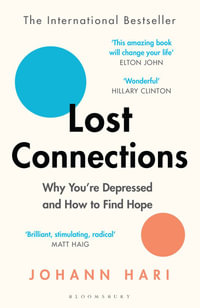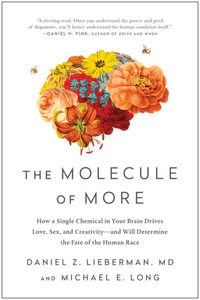William James is America's most important psychologist and (arguably) intellectual. While a thriving literature on Jamesian thought exists, the typical undergraduate learns little more than his name. This book fills the gap between the passing paragraph or two about James in undergraduate textbooks and the dense academic literature of Jamesian scholars. By offering an interesting and inspiring introduction to James, the book aims to bring a new generation of minds into the Jamesian conversation.
Written as a dialogue between William James and some of his famous students such as Theodore Roosevelt, Gertrude Stein, and W. E. B. Du Bois, Good Counsel: A Walking Dialogue with William James provides an introduction to the important elements of Jamesian thought and seeks to inspire students to explore that thought further on their own. While not a formal critique of James, this book does not shy away from highlighting potential weakness or challenges to his thought.
By the book's end, students should have a solid grasp of basic Jamesian concepts, including what he meant by: Radical empiricism, pluralism (or a pluralistic universe), experience (especially the stream of thought), attention, freedom, truth, reality, God, rational belief, moral claims, moral solitude, consciousness, sentiment (how it drives reason), mysticism (or the mystical experience), and pragmatism (or the pragmatic approach). Furthermore, they should understand the interconnections among these concepts and the objections or alternatives to them (e.g., monism, determinism, reductionism, idealism, rationalism, etc.).
Industry Reviews
Good Counsel offers an accessible introduction to the themes of James's thinking. Each chapter presents an innovative dialogic format, which reflects James's own dialogic writing style and it has something in common with James's own preference for what he called 'ambulatory' over 'saltatory' conceptions of knowledge.
--David Evans, Dalhousie University; author of
Understanding James, Understanding ModernismAbsolutely novel. Rossano is a very polished writer with an excellent 'voice' that will speak to both scholarly academics as well as relatively untutored students. In this book, William James has conversations with other significant thinkers as a vehicle for covering important ideas in philosophy and psychology, like a set of Socratic dialogs but set in a more modern era. This would be a great book for an honor's, capstone course, or special topics course, or even a historically-oriented, American-focused course, at the graduate or undergraduate level for Psychology or Philosophy.
--Tracy B. Henley, Texas A&M University-Commerce



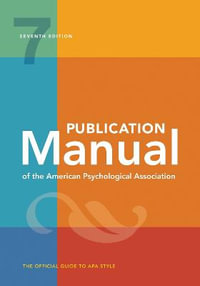







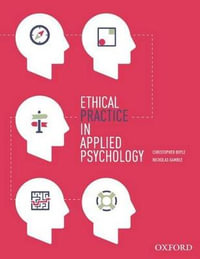





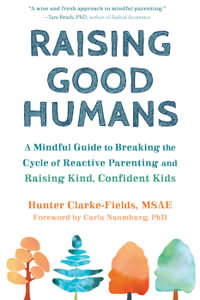

![The Happiness Project [Tenth Anniversary Edition] : Or, Why I Spent a Year Trying to Sing in the Morning, Clean My Closets, Fight Right, Read Aristotle, - Gretchen Rubin](https://www.booktopia.com.au/covers/200/9780062888747/6212/the-happiness-project-tenth-anniversary-edition-.jpg)
